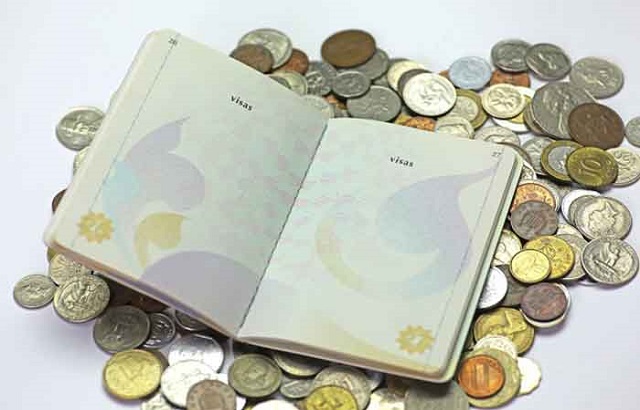The Maltese government has released its 2023 budget including the intake and revenue expectations for its golden passport scheme, or Individual Investor Programme.
The scheme was recently renamed to ‘Granting of Citizenship for Exceptional Services’.
The budget revealed that in 2021, Malta pocketed €61m (£53m, $60m) from the programme, according to local newspaper Times of Malta.
But the government expects to make less than half by the end of this year – around €30m – and even less in 2023, with a forecasted revenue of €20m.
The report said that sources close to the Maltese government speculated that the drop may be caused by changes in the way profits from the golden passport scheme are managed, and by the fact that a large portion of the programme’s funds were used to fight the outbreak of Covid-19.
Senior people in government claimed that the scheme is “dying”, with interest shown in the scheme on a steady decline, partly due to the increase in minimum sums required to apply and the passing of stricter rules, which also resulted in a ban for Russian nationals following the invasion of Ukraine in February 2022.
Passport agents reported that, since the war in Ukraine started, interest has been at an all-time low.
This has also been coupled with the fact that in September 2022, the European Commission sued Malta as the only remaining member state still running a citizenship-by-investment programme, and referred the country to the Court of Justice of the European Union.
Since the scheme was introduced in 2014, it brought around €800m into the Maltese government’s coffers.








